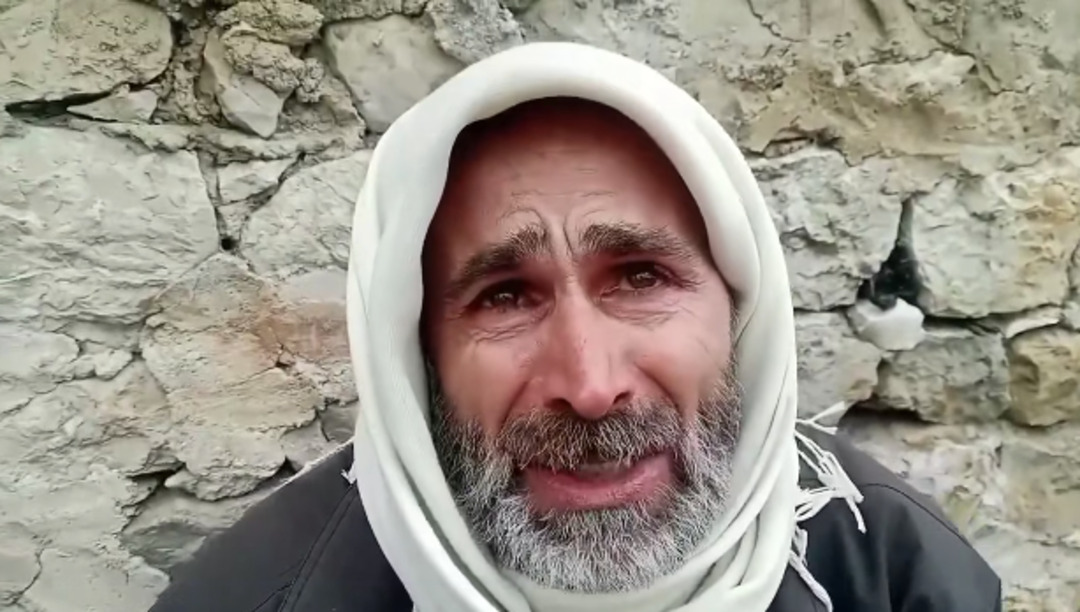-
Syrian Coast… A Father’s Painful Account of Losing His Son, Whose Body Was Mutilated
-
The level of human suffering endured by affected families in remote areas reflects the urgent need for justice and compensatory measures to alleviate their pain

A man from the village of Al-Rassafa in Masyaf shared his harrowing testimony about the loss of his son, Suleiman Rashid Saad, and his four nephews during the tragic events that unfolded in the region starting March 6, lasting six consecutive days. His account is one of many that reveal the immense suffering families endured and underscores the need for impartial and transparent investigations.
Activists reported that the victim, Suleiman Rashid Saad, was taken from his humble home under the pretext of interrogation, only to be executed and returned to his family in a horrific manner.
The grieving father recounted the shocking details of his son’s death in his testimony. Upon receiving a call informing him of what had happened, his resigned response was: "Alhamdulillah, Alhamdulillah, Alhamdulillah." He explained that his son’s body had been mutilated—his heart ripped out—a brutal act that compounded years of suffering and poverty for the family. Suleiman had been their financial and emotional support, as noted by a commentator on the video.
Many observers called for documenting these atrocities. Activist Aziz Khalousi stressed:
"The tragedies that occurred between March 7 and 10 require dozens of videos to capture their brutality."
Comments on the video revealed a divided public opinion regarding the events and who bears responsibility, further complicating efforts to deliver justice for the victims and their families.
Activists demanded serious follow-up, not just temporary sympathy. Steve Kh. wrote:
"Responsible activists, please stay on track—don’t just share the video and shed crocodile tears."
Many expressed skepticism about the effectiveness of investigative committees formed to examine these events, doubting their ability to deliver real justice.
Mohammad Sabbagh emphasized the need to hold perpetrators accountable:
"If justice isn’t served for these people, then our revolution and factions are no different from Bashar’s militias."
These demands highlight the urgent need for transitional justice mechanisms to redress victims and prevent the recurrence of such grave human rights violations.
Anas Hamed stressed the importance of continued documentation:
"Keep documenting and filming, even if it’s late and the victims won’t return. At least let them and their families claim their rights through our memories, so their stories remain a sword held against the authorities to prevent repetition."
Such documentation is a necessary step to ensure the truth reaches local and international audiences—a fundamental part of the justice process that requires institutional and legal support.
You May Also Like
Popular Posts
Caricature
opinion
Report
ads
Newsletter
Subscribe to our mailing list to get the new updates!






















